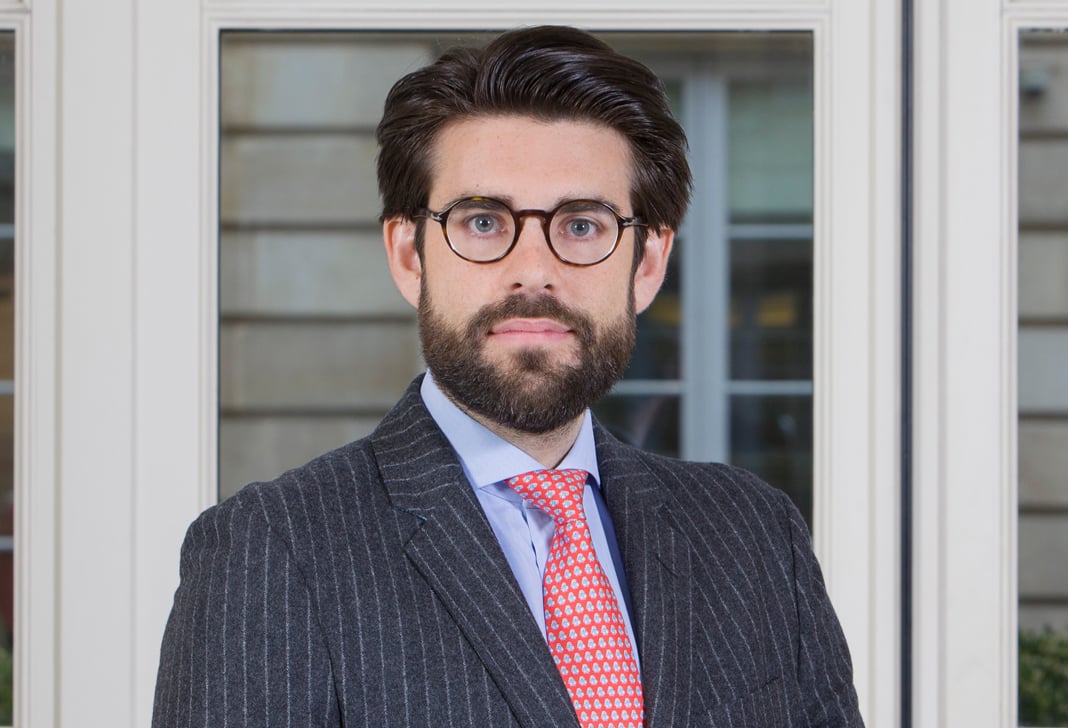
French Supreme Court Adopts New Interpretation of Attorney-Client Privilege
The Court reaffirms that confidentiality in the attorney-client relationship is not limited to judicial proceedings alone.
In a decision dated October 8, 2025 (No. 24-16.995), the Commercial Chamber of the French Supreme Court (Cour de cassation) adopted a broader interpretation of attorney-client privilege, departing from the more restrictive approach recently taken by the Criminal Chamber.
The Court, ruling in respect of a tax dispute (in particular whether the French tax authorities may change, before a court of appeals, the legal grounds used for the initial reassessment and before the lower court), held that attorney-client privilege covers correspondence, opinions, and documents exchanged between a client and their lawyer in all matters, whether relating to advisory work or litigation. In doing so, it reaffirmed that confidentiality in the attorney-client relationship is not limited to judicial proceedings alone.
This approach stands in sharp contrast with the Criminal Chamber's judgment of September 24, 2024 (No. 23-84.244), which had taken a narrower view, limiting protection to documents and communications directly related to the exercise of the rights of defense.
The coexistence of these two rulings highlights a divergence within the Supreme Court itself: While the Criminal Chamber confines privilege to defense-related activities, the Commercial Chamber extends it to legal advice more broadly. This uncertainty undermines the predictability of the rules governing attorney-client communications, particularly in areas where advisory and defensive functions often overlap.
In light of this divergence, a clarification by the Court's Full Bench (Assemblée plénière) now appears desirable to harmonize the scope of attorney-client privilege, uphold the broader notion applied by the Commercial Chamber, and thereby ensure its consistency with European law, as in its latest case law (September 26, 2024, n° C-432/23) the Court of Justice of the European Union held that privilege covers both advisory and defense functions and is a right guaranteed by Article 7 of the EU Charter of Fundamental Rights that is enforceable, in the case at hand, against the Luxembourg tax authorities.





